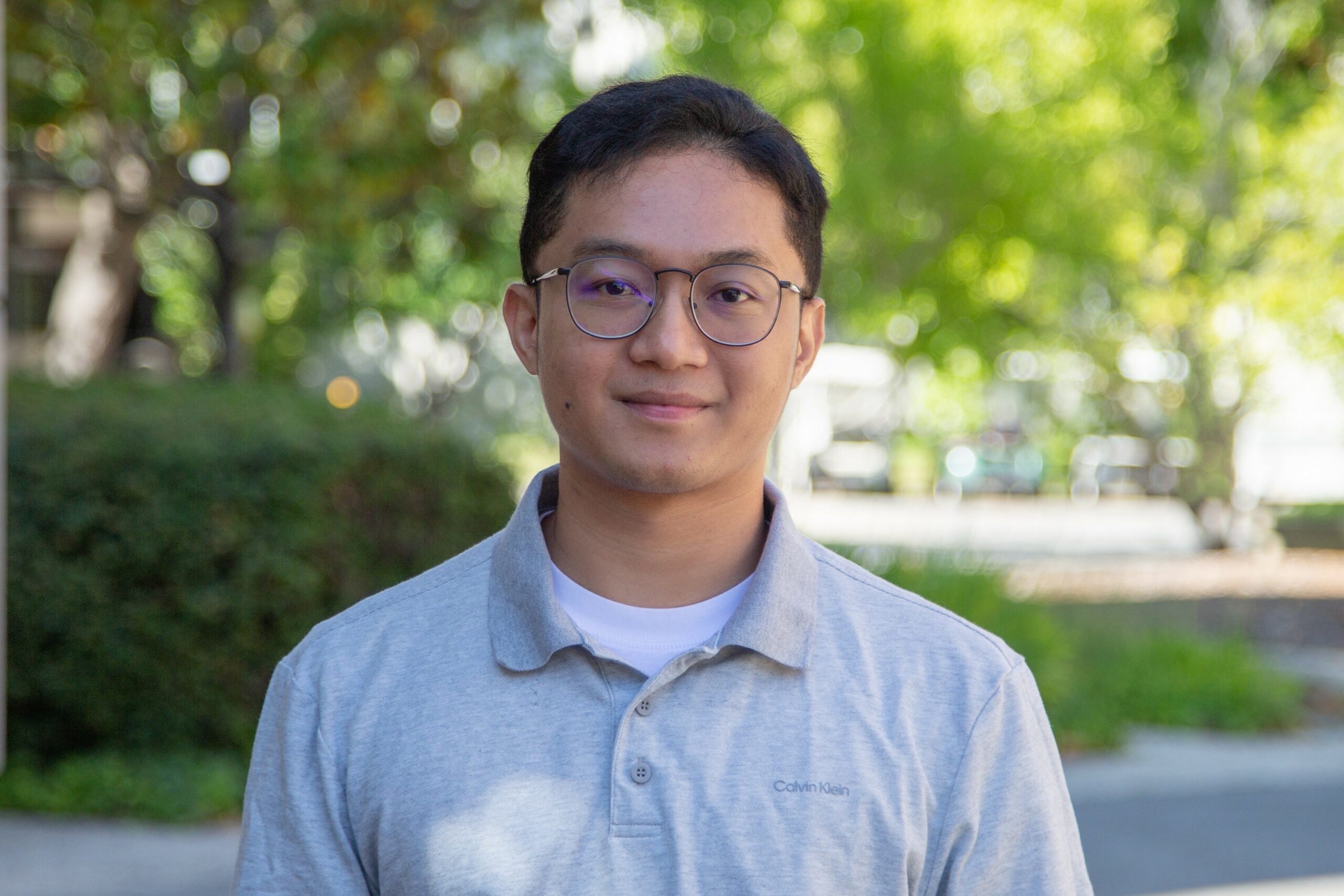Education Researcher, SRI Education
Arif Rachmatullah, PhD, works at the intersection of science education and computer science/computational thinking (CS/CT) education at the K–12 levels. Rachmatullah uses quantitative and mixed-methods approaches to study K–12 students’ and teachers’ learning and teaching science using computer programming, as well as how such integrated learning environments influence students’ conceptual understanding of, attitudes toward, and interest in careers related to science and computer science, or STEM in general. In addition, Rachmatullah leverages psychometric approaches (classical test theory/CTT and item response theory/IRT) to develop and validate assessments used to evaluate students’ learning in such environments. Rachmatullah’s research interests also include game-based science learning, cognitive biases in STEM education, and K–12 students’ and teachers’ understanding and acceptance of the theory of evolution.
At SRI, Rachmatullah currently works on projects investigating the effects of different computational modeling activities on upper-elementary and middle-school students’ science, engineering, and CT concepts and practices. Through these projects, Rachmatullah also studies professional development needed to prepare and elevate teachers’ self-efficacy for teaching in such integrated learning environments. Rachmatullah is also involved in a project that focuses on developing innovative CS formative assessments and CS teachers’ pedagogical content knowledge.
Before joining SRI, Rachmatullah was a graduate research assistant in the Friday Institute for Educational Innovation’s Cyberlearning Team at North Carolina State University. Rachmatullah earned his PhD in learning and teaching in STEM with a concentration in science education and a minor in cognitive science from North Carolina State University. Rachmatullah also holds an MEd in science education from Kangwon National University-Rep. of Korea and a BEd in biology education from the Indonesia University of Education-Indonesia.
Key projects
- Computational Modeling for Integrating Science and Engineering Design (CMISE): Model Construction, Manipulation, and Exploration
- ASSIST-MSCS: Developing A Suite of Standards-based Instructionally Supportive Tools for Middle School Computer Science
- Evaluation of eDGE (eSTEM Designing Games for Education)
Relevant work
- *Vandenberg, J., Rachmatullah, A., Lynch, C., Boyer, K. E., & Wiebe, E. (2021). Interaction effects of race and gender in elementary CS attitudes: A validation and cross-sectional study. International Journal of Child-Computer Interaction, 29, 100293. https://doi.org/10.1016/j.ijcci.2021.100293
- *Boulden, D. C., Rachmatullah, A., Oliver, K. M., & Wiebe, E. (2021). Measuring in-service teacher self-efficacy for teaching computational thinking: development and validation of the T-STEM CT. Education and Information Technologies, 1–27. https://doi.org/10.1007/s10639-021-10487-2
- *Rachmatullah, A., Mayhorn, C. B., & Wiebe, E. N. (2021). The effects of prior experience and gender on middle school students’ computer science learning and monitoring accuracy in the Use-Modify-Create progression. Learning and Individual Differences, 86, 101983. https://doi.org/10.1016/j.lindif.2021.101983
- *Rachmatullah, A., Reichsman, F., Lord, T., Dorsey, C., Mott, B., Lester, J., & Wiebe, E. (2021). Modeling secondary students’ genetics learning in a game-based environment: Integrating the expectancy-value theory of achievement motivation and flow theory. Journal of Science Education and Technology, 30(4), 511–528. https://doi.org/10.1007/s10956-020-09896-8
- *Rachmatullah, A., & Ha, M. (2019). Examining high-school students’ overconfidence bias in biology exam: A focus on the effects of country and gender. International Journal of Science Education, 41(5), 652–673. https://doi.org/10.1080/09500693.2019.1578002
- *Rachmatullah, A., Park, S., & Ha, M. (2021). Crossing borders between science and religion: Muslim Indonesian biology teachers’ perceptions of teaching the theory of evolution. Cultural Studies of Science Education, 1– https://doi.org/10.1007/s11422-021-10066-4
- *Rachmatullah, A., Wiebe, E., Boulden, D., Mott, B., Boyer, K., & Lester, J. (2020). Development and validation of the Computer Science Attitudes Scale for middle school students (MG-CS attitudes). Computers in Human Behavior Reports, 2, 100018. https://doi.org/10.1016/j.chbr.2020.100018
- *Rachmatullah, A., Akram, B., Boulden, D., Mott, B., Boyer, K., Lester, J., & Wiebe, E. (2020). Development and validation of the middle grades computer science concept inventory (MG-CSCI) assessment. EURASIA Journal of Mathematics, Science and Technology Education, 16(5), em1841. https://doi.org/10.29333/ejmste/116600
- *Rachmatullah, A., Lee, J. K., & Ha, M. (2020). Preservice science teachers’ ecological value orientation: A comparative study between Indonesia and Korea. The Journal of Environmental Education, 51(1), 14-28. https://doi.org/10.1080/00958964.2019.1633989
- *Shin, S., Rachmatullah, A., Roshayanti, F., Ha, M., & Lee, J. K. (2018). Career motivation of secondary students in STEM: a cross-cultural study between Korea and Indonesia. International Journal for Educational and Vocational Guidance, 18(2), 203-231. https://doi.org/10.1007/s10775-017-9355-0
- *Rachmatullah, A., Roshayanti, F., Shin, S., Lee, J. K., & Ha, M. (2018). The secondary-student science learning motivation in Korea and Indonesia. EURASIA Journal of Mathematics, Science and Technology Education, 14(7), 3123-3141. https://doi.org/10.29333/ejmste/91665



